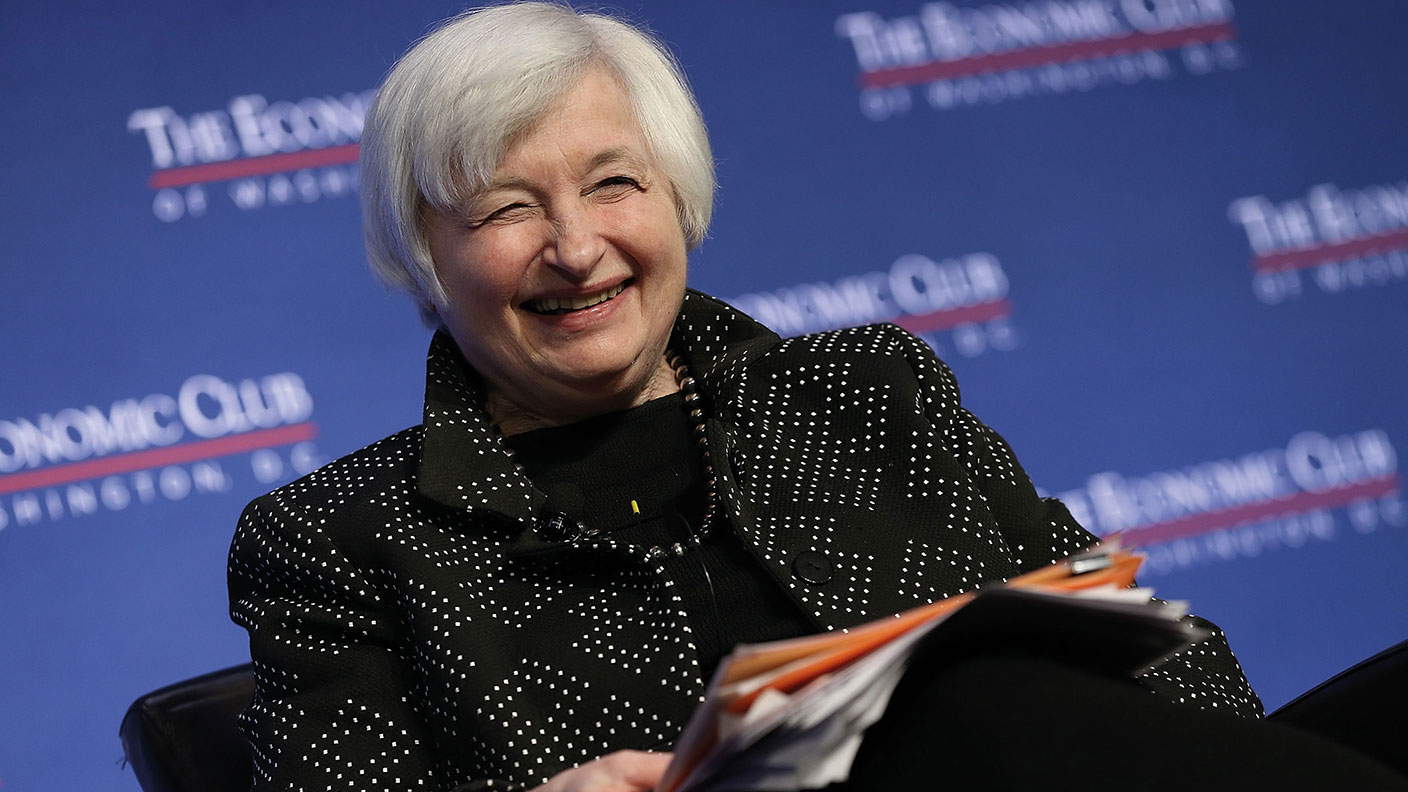Marc Faber: The Fed will destroy the world
The Federal Reserve's endless money printing will make the rich richer, says investment guru Marc Faber. That's until it ushers in the end of the world economy. James McKeigue reports.

Get the latest financial news, insights and expert analysis from our award-winning MoneyWeek team, to help you understand what really matters when it comes to your finances.
You are now subscribed
Your newsletter sign-up was successful
Want to add more newsletters?
America's central bank, the Federal Reserve, will eventually destroy the world economy, says respected Swiss investor Marc Faber.
The only consolation is that its crazy policies give investors an easy way to get rich.
In an interview with Bloomberg, shortly after the Fed launched its third bout of quantitative easing (QE), the 66-year old Faber warned that "eventually we will have a systematic crisis and everything will collapse".
Try 6 free issues of MoneyWeek today
Get unparalleled financial insight, analysis and expert opinion you can profit from.

Sign up to Money Morning
Don't miss the latest investment and personal finances news, market analysis, plus money-saving tips with our free twice-daily newsletter
Don't miss the latest investment and personal finances news, market analysis, plus money-saving tips with our free twice-daily newsletter
QE damages the economy and creates bubbles, says Faber. "There is a huge misconception and fallacy that money printing can actually improve the rate of employment because the money flows down into the system." But what really happens, says Faber, is that the extra money "goes first into the banking system and into financial institutions, into the pockets of well-to-do people".
Another side effect of QE is "increased government involvement in the economy and we have the government growing with its regulation and legislation that stifles economic development".
Faber, who writes the Gloom, Boom and Doom newsletter, believes that more money printing is a certainty. Even if Ben Bernanke the Federal Reserve chairman was to leave, his replacement would also be a "money printer" while central banks in other parts of the world are just as bad.
"The Europeans will print money. The Chinese will print money. Everybody will print money and the purchasing power of paper money will go down."
The plus side of all this, says Faber, is that it is easy for investors to back the right assets. He thinks "equities are a better space to be in than bonds", and within equities he favours the cheapest. "I bought equities in Portugal, Spain, Italy and France because they were unbelievably distressed." He also thinks the Chinese stock market looks depressed. But he warns investors to steer clear of America noting that it "has massively outperformed European markets [and] Asian markets".
Gold should be another beneficiary, says Faber. "That the trend for gold prices will be steady, but the trend for the dollar and other currencies will be down. In other words, in dollar terms the price of gold will trend higher. How high it will go? You have to call Mr Bernanke."
Get the latest financial news, insights and expert analysis from our award-winning MoneyWeek team, to help you understand what really matters when it comes to your finances.
James graduated from Keele University with a BA (Hons) in English literature and history, and has a certificate in journalism from the NCTJ.
James has worked as a freelance journalist in various Latin American countries. He also had a spell at ITV, as well as writing for Television Business International and covering the European equity markets for the Forbes.com London bureau.
James has travelled extensively in emerging markets, reporting for international energy magazines such as Oil and Gas Investor, and institutional publications such as the Commonwealth Business Environment Report.
He founded LatAm INVESTOR, the UK's only Latin American-focused investment magazine.
He is currently the Business Editor at Compass Media.
-
 The return of Janet Yellen
The return of Janet YellenProfiles Janet Yellen, the former US central-bank chief is back, this time as US Treasury secretary. Donald Trump wondered whether she was too short for the job – she is now seen as a towering figure.
-
Paul Volcker: the banking ace who crushed inflation
Profiles Paul Volcker, who died last week aged 92, was an inspirational figure whose controversial policies helped inaugurate the modern era.
-
 Ray Dalio: beware a dollar slump
Ray Dalio: beware a dollar slumpFeatures Ray Dalio, founder of Bridgewater Associates, the world’s biggest hedge fund, has warned the dollar could lose almost a third of its value.


